I'm developing an RPG in Dart, and I'm going to use IndexedDB for data persistence.
I will have two databases: one for read-only access and one for read-write access where save games will be stored. I was just wondering if I should read required data directly from the database or cache it in Maps. I could potentially have several hundred records that need to be pulled from the read-only database (enemies, game maps etc.) and I though pulling everything from the database may be less efficient than using Dart's Maps.
Oh, also each database will be stored in a map. Object Stores will be nested maps inside that map.
Should I read directly from the database, or should I put everything into a Map and read from there?
EDIT: Forgot to mention, the read-only database will be initialised with data from a JSON file located on the user's machine, not through AJAX.





